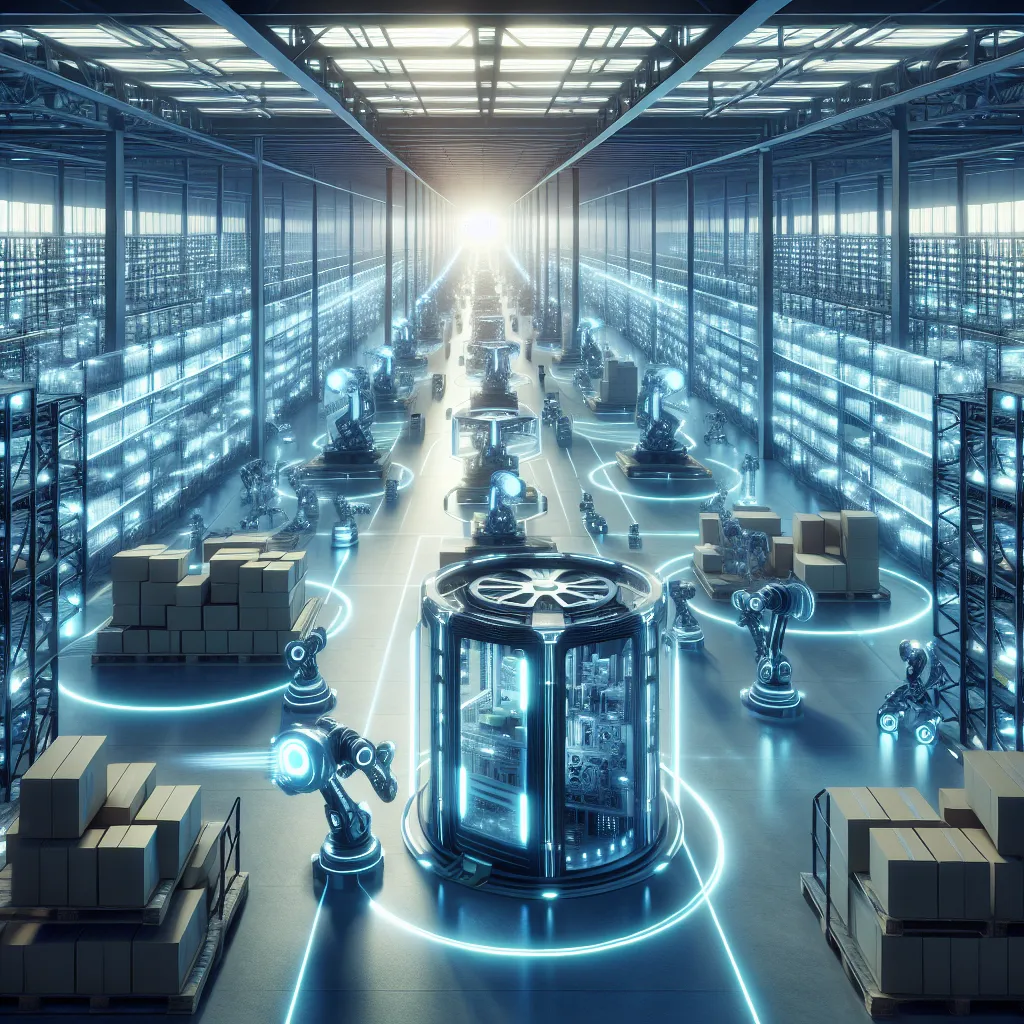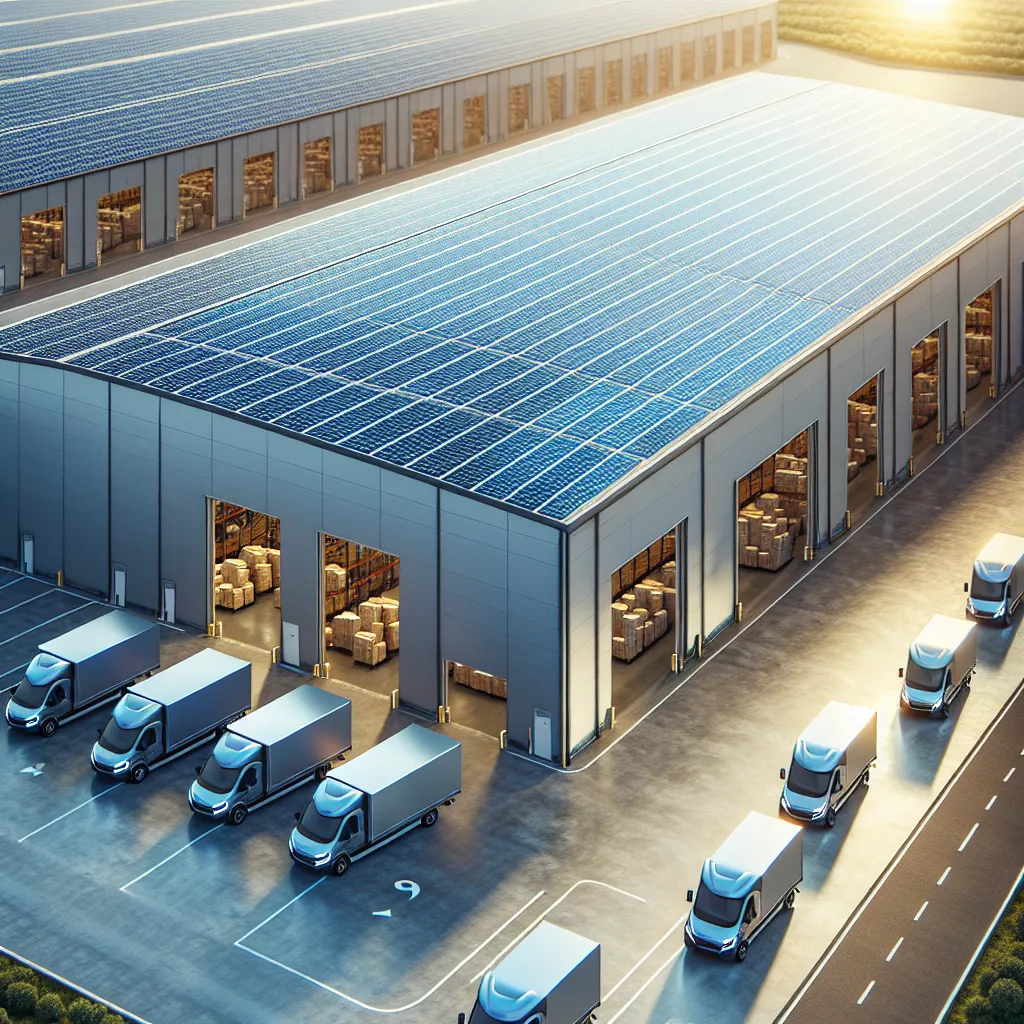Enhancing Efficiency: Technology’s Role in Modern Logistics
Technology has revolutionized modern logistics services, enhancing their efficiency in numerous ways. One of the most notable impacts of technology on logistics is the optimization of route planning and cargo tracking. Advanced logistics software utilizes real-time data and predictive analytics to identify the most efficient routes, reducing transportation time and costs. This not only benefits logistics companies by streamlining their operations but also contributes to environmental sustainability through reduced fuel consumption and emissions.
Furthermore, the integration of technologies such as Internet of Things (IoT) and telematics devices has enabled logistics companies to gain real-time visibility into their supply chains. By monitoring factors like temperature, humidity, and other environmental conditions, companies can ensure the integrity of goods during transit, thus reducing the risk of spoilage or damage. This level of transparency and control would have been inconceivable without technological advancements.
In addition, the implementation of automation and robotics in warehouses has significantly expedited the sorting, packing, and loading processes. Automated guided vehicles (AGVs) and robotic arms can handle repetitive tasks with precision and efficiency, allowing human workers to focus on more complex responsibilities. This not only accelerates order fulfillment but also minimizes the risk of errors and accidents, thereby enhancing overall operational efficiency.
Ultimately, the role of technology in modern logistics cannot be overstated. By embracing innovative solutions and digital transformation, logistics companies continue to enhance their efficiency, accuracy, and sustainability, ultimately delivering greater value to their customers in an increasingly competitive market.
Innovations in Supply Chain Management: The Tech Revolution
Modern logistics services have undergone a significant transformation due to the impact of technology. One of the key areas where technology has revolutionized logistics is in supply chain management. The integration of innovative technologies has brought about a tech revolution in supply chain management, leading to greater efficiency, transparency, and cost savings.
Advancements in automation, artificial intelligence, and data analytics have enabled logistics companies to optimize their supply chain processes. Automation technologies, such as autonomous vehicles and robotics, have streamlined warehouse operations and enhanced the speed and accuracy of order fulfillment. This has led to faster delivery times and improved customer satisfaction.
Furthermore, the implementation of AI-powered predictive analytics has empowered logistics companies to forecast demand more accurately, optimize inventory levels, and improve resource allocation. Real-time visibility solutions utilizing IoT devices have enabled better tracking and monitoring of goods throughout the supply chain, reducing the risk of delays, damages, and theft.
Blockchain technology has also emerged as a disruptive force in supply chain management, offering secure and transparent transactions, as well as the ability to trace the origins of products. This not only enhances trust and accountability but also plays a crucial role in ensuring the authenticity and quality of goods.
In conclusion, the tech revolution in supply chain management has revolutionized the way modern logistics services operate. By embracing these innovations, companies can gain a competitive edge, enhance operational efficiency, and deliver superior customer experiences.
E-commerce Evolution: How Technology is Reshaping Logistics Services
The growth of e-commerce has significantly impacted the logistics industry, reshaping the way goods are stored, picked, packed, and delivered. Technological advancements have played a pivotal role in this transformation, enabling logistics services to meet the evolving demands of modern consumers. The implementation of automation, artificial intelligence, and data analytics has streamlined the entire supply chain process, from inventory management to last-mile delivery.
One of the key aspects of e-commerce evolution is the rise of warehouse automation. With the help of technologies such as robotics and automated conveyors, warehouses have become more efficient in handling a large volume of orders. This has led to faster order processing and reduced turnaround times, enhancing the overall customer experience. Additionally, the use of advanced inventory management systems has allowed businesses to optimize their stock levels, minimizing excess inventory while ensuring product availability.
Furthermore, the integration of data analytics has empowered logistics services to make data-driven decisions, leading to improved route optimization, resource allocation, and demand forecasting. This has resulted in cost savings and reduced environmental impact through more efficient transportation routes and reduced fuel consumption.
In the context of last-mile delivery, technology has enabled greater visibility and transparency for customers. Real-time tracking and delivery notifications have become standard expectations, enhancing customer satisfaction and providing them with the convenience of managing their deliveries.
Overall, the evolution of e-commerce driven by technology has revolutionized logistics services, making them more agile, responsive, and customer-centric. As technology continues to advance, the logistics industry will undoubtedly undergo further transformative changes, shaping the future of supply chain management and delivery services.




